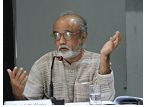SOCIAL & POLITICAL MAPPING OF POPULAR MOVEMENTS, LOGISTICAL VISION & INFRASTRUCTURE OF INDIA
Popular Movements in West Bengal and Bihar
RESEARCHERS & EXPERTS
Researchers & Experts in 2018
Popular Movements in West Bengal and Bihar
Social Mapping of Infrastructure, Logistics and India’s Look East Policy
In association with
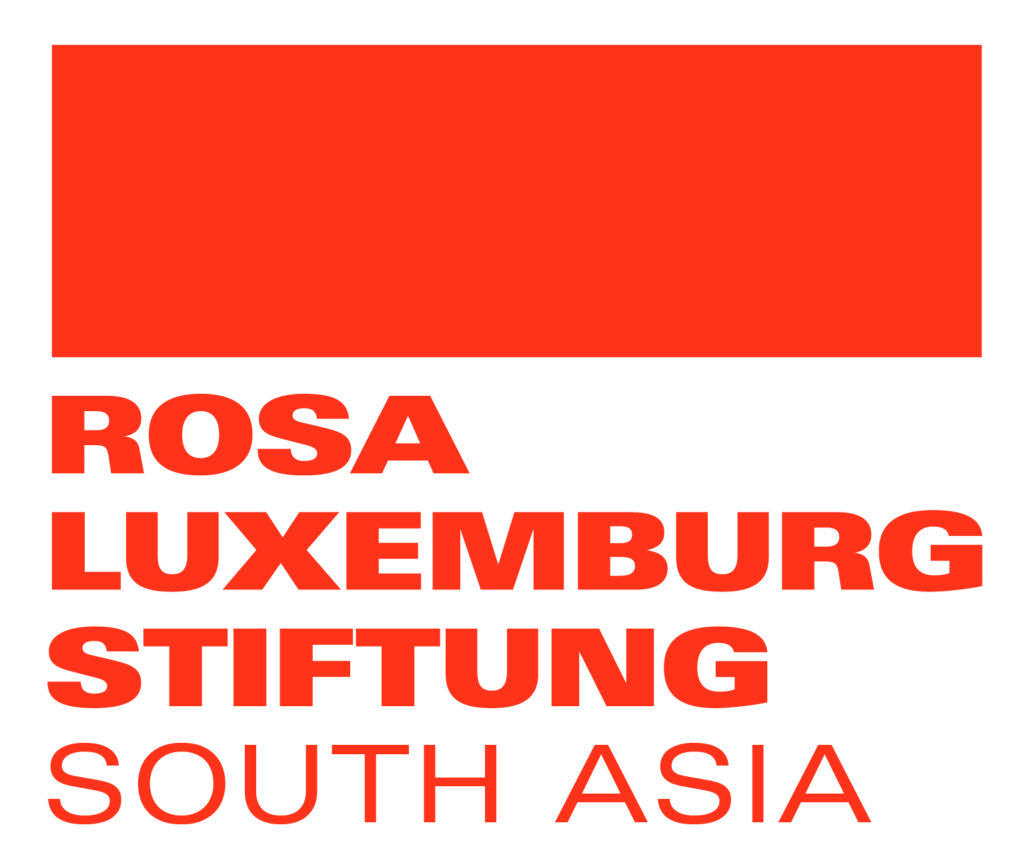
REAEARCHERS
TOPICS
ABSTRACTS
Rajat Ray
Political Parties and Populist Policies in Contemporary India: Some reflections on AAP
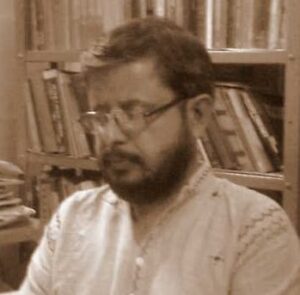
Sibaji Pratim Basu
The Defining Moments of Left Popular Politics in West Bengal:The Food Movements of 1959 & 1966
Tista Das
The Political Mobilisation of Refugees in West Bengal
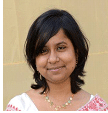
Anwesha Sengupta
Calcutta and the Making of a Popular Movement: The Anti-Tram Fare Increase Resistance Movement, 1953
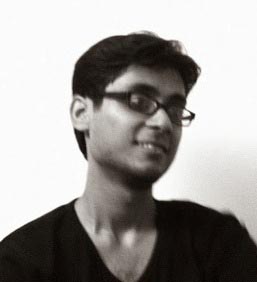
Kaustubh Mani Sengupta
Some Reflections on Social History of the Last Fifty-years
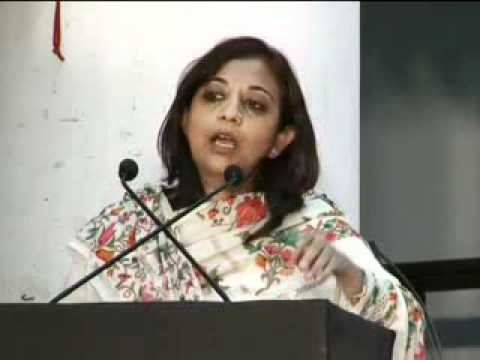
Anuradha Bhasin
Popular Resistance in Kashmir

Aniket Alam
Understanding an Outlier State & Society in Himachal Pradesh

Manoj K. Jha
The Spectacle of Anna Hazare Unlimited
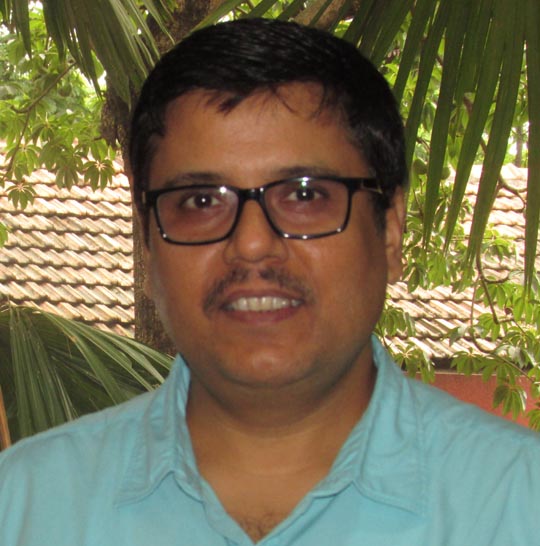
Manish K. Jha
Contentious Issues, People’s Politics and Popular Leadership

Badri Narayan Tiwari
Cultural Texts and Political Orality
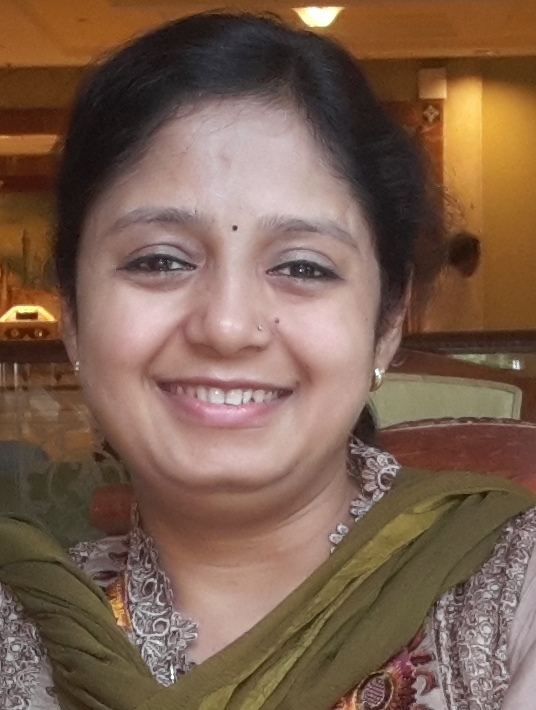
Archana Singh
(Un)-told Stories: A study of Naxal women in Bihar (1970 -90)
Researchers & Experts in 2017
REAEARCHERS
TOPICS
ABSTRACTS

Ranabir Samaddar
Popular Politics, Upsurge and the Revolt in the Sixties and Seventies of the Last Century
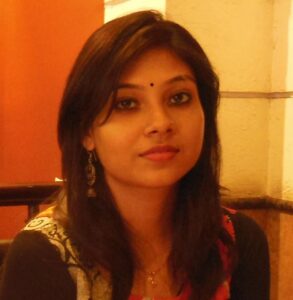
Sucharita Sengupta
Popular Politics, Upsurge and the Revolt in the Sixties and Seventies of the Last Century
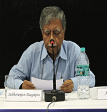
Subhoranjan Dasgupta
The Cultural-Creative Dimension of the Naxalite Movement
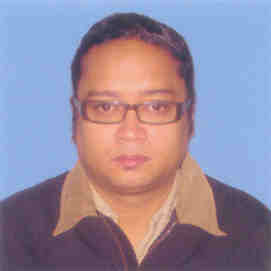
Atig Ghosh
Popular Movements in the Districts of Bengal, Birbhum, Nadia and Midnapore, 1950s-1970s
First Five Years of Left Front Rule in West Bengal by Atig Ghosh

Anwesha Sengupta
Popular Movements in the Districts of Bengal, Birbhum, Nadia and Midnapore, 1950s-1970s

Manish K. Jha
Backward Classes Movements led by Karpuri Thakur
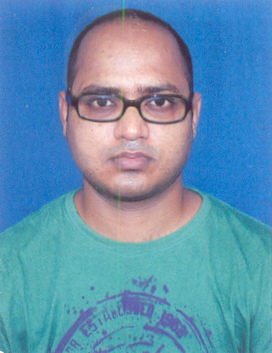
Mithilesh Kumar
Backward Classes Movements led by Karpuri Thakur
EXPERTS
ABSTRACTS

Mallarika Sinha Roy

Sandip Bandyopadhyay

Kumar Rana

Dwaipayan Bhattacharyya

Pushpendra Kumar Singh
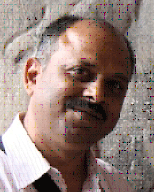
Amit Prakash
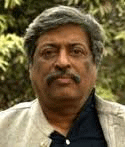
Prabhu Prasad Mohapatra
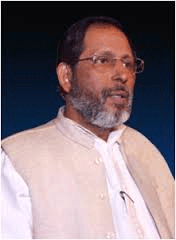
Anil Acharya
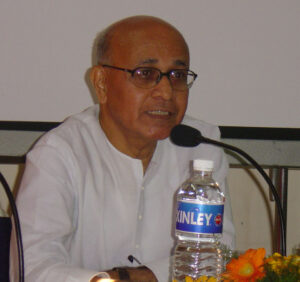
Prasanta Ray
Prasanta Ray is President of the Calcutta Research Group. His research interest relates to the interface of society and politics and economic morals. Currently he is trying to reconstruct the history of early twentieth century banking crisis in Bengal with a particular focus on the victims. This is a part of history of greed in Bengal. His teaching engagements include Everyday life worlds, Economic Sociology and Research Methodology.He joined West Bengal Junior Education Service in 1966. His teaching in Presidency College began in 1977. He retired as Professor and Head, Department of Political Science and Professor-in-charge (1989-2003), Department of Sociology, Presidency College, in 2003. He taught simultaneously as a Guest faculty in Department of Sociology, Calcutta University. He was Emeritus Professor in Political Science and Sociology in Presidency College/University, 2004-12. Heis currently Emeritus Professor in Sociology, Presidency University, and Honorary Visiting Professor, Institute of Development Studies Kolkata. He was Indian Council of Social Science Research post-doctoral fellow: 1987-89, Visiting Scientist, Sociology Research Unit, Indian Statistical Institute, Kolkata (September, 2003-March, 2004), and Member, Working Group on Under-graduate Colleges in India, National Knowledge Commission. 2006.
- His doctoral research was on role of family in political education of the young in family. As an ICSSR fellow, he researched on conflict management by the post-colonial state in India. My current research interest is in economic morals.He teaches Everyday Sociology, Development Studies and Political Sociology in BA and MA classes in Presidency University, and Economic Sociology and Qualitative Research Methodology at MPhil level in IDSK.
- Online Resources
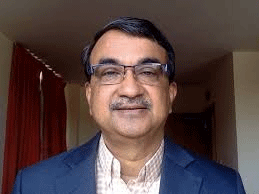
Priyankar Upadhaya
Priyankar Upadhaya heads the Malaviya Center for Peace Research and holds the UNESCO Chair for Peace and Intercultural Understanding at Banaras Hindu Univerity. In his illustrious career spanning close to four decades, Prof. Upadhyaya has been teaching International Relations & Peace Studies at Banaras Hindu University. Professor Upadhayaya holds M.Phil. and Ph.D Degrees of Jawaharlal Nehru Universityand Advance International Diploma(s) in Conflict Resolution from the Uppsala University, Sweden. Prof Upadhyaya pursued Post-Doctoral Research at London University and the Woodrow Wilson Centre for International Scholars, Washington DC. He was selected for the Guest Scholar Award of the Woodrow Wilson Centre of International Scholars at Washington DC 1992, Faculty Research Award, Canadian Govt. 1999 and Senior Fulbright Award in 2004. Professor Upadhyaya has taught Political Science & Conflict Resolution in many parts of the world, including Concordia University, Montreal; Ulster University in Northern Ireland, at the Department of Political Science, Karlstad University, Sweden. Professor Upadhyaya has also served as a guest faculty at the US Air Force Academy at Colorado Springs. He has also been Fellow at the Henry L Stimson Center, Wash DC, and a Senior Visiting Fellow at the Peace Research Institute (PRIO), Oslo. Earlier this year Prof. Upadhyaya has been appointed as PRIO Global Fellow.He has contributed as a Resource Person for UN University of Peace and at the Henry L Stimson Center, Wash DC. Prof. Upadhyaya has also been a visiting speaker at the Foreign Service Institute, Naval War Academy and National Defense College in India. More recently, Prof Upadhyaya has served as the ICCR Chair of Indian Studies at Dublin City University.In June 2016, Professor Upadhyaya delivered a path breaking speech at the UN Consultative meet on ‘Peace as a process’ held at Geneva. In September, 2016, Professor Upadhyaya was invited by President Obama to the White House to attend a meeting on Religious and Interfaith dialogue. He has served in various quality committees constituted by Government of India including the Civil Service Examination Reform Committee under purview of the UPSC and the National Mission on Education through ICT [NMEICT]. Professor Upadhyaya has publications in journals and books from OUP, MUP, CUP, Sage, Ashgate and Routledge among others and research articles in reputed International Journals such as the Denver Journal of International Law & Policy; International Studies (Sage) and Strategic Analysis (Routledge).

Manoj K Jha
Manoj K Jha is Professor and Head of Department of Social Work, University of Delhi. His research interests revolve around methodological and conceptual issues of social protest movements, minorities and marginalized communities. His latest book Riots as Rituals is based on his research on communal relations, mobilization and violence with the Bhagalpur riots in the Backdrop. An academician-activist to the core, he is a practitioner of emancipator and anti-oppressive approach in Social Work. He has designed and implemented rehabilitative and re-conciliatory action projects in Gujarat and Rajasthan and has been part of several civil society fact-finding teams to respond to instances of violence and atrocities. He was a lecturer at Department of Social Work, Jamia Millia Islamia from 1994 to 2002 before joining DSSW. He is also a visiting faculty to School of Planning and Architecture, Delhi. His Research Interests/Focus include Political Economy and Governance, Social Action and Social Movements, Majority-minority Relations, Peace and Conflict Studies. Courses Taught include: State, Political Economy and Governance: Social Action and Social Movements and Conflict Mitigation and Peace Building.
He was engaged by Constella-Futures as lead researcher for the content and frequency analysis of parliamentary and legislative discourses on HIV/AIDS in six high prevalence states. He has worked as consultant with Oxfam (Gujarat) on its initiative on Peace building and Conflict reduction in West India and was instrumental in creating in Urja Ghar-an open and shared space for communities in riot affected Gujarat.He has undertaken Due Diligence Process for Women Exemplar Award to be given by CII for the two consecutive years i.e. 2008 and 2009. He was also offered the position of Programme Coordinator for the Peace building and Conflict reduction programme in West India. He was part of the consultation meet to develop a manual for child rights organized by MHRD, UNICEF and TISS. He has worked as consultant with FUTURES Group on content analysis of parliamentary questions on HIV-AIDS. He has coordinated a national study on Social Exclusion of Dalit and minority children from the sphere of education. He has conducted workshops on sensitization to underprivileged and marginal communities for different Gos/NGOs. He has coordinated and led teams of NGOs and trainee social workers for relief and rehabilitation work in the earthquake affected Kutch district of Gujarat with particular emphasis on marginalized and the vulnerable groups. He has led evaluation team for Total Literacy Campaign (TLC) to some districts of Madhya Pradesh, Rajasthan and Bihar.
Researchers & Experts in 2016
REAEARCHERS
TOPICS
ABSTRACTS
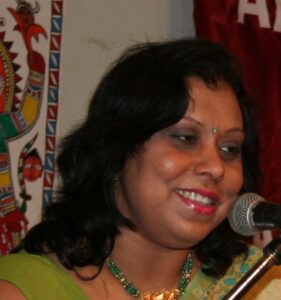
Paula Banerjee
‘Refugee Movement in West Bengal’

Sucharita Sengupta
‘Refugee Movement in West Bengal’

Sibaji Pratim Basu
‘Food Movement in West Bengal’

Subhoranjan Dasgupta
The Evolution and Progress of Marxian Cultural Debate from Late 40s to late 70s, especially Debates on Dramatic Production’ & ‘ The Creative Accent on the Naxalite Uprising - Drama, Film, Prose, and Poetry

Anwesha Sengupta
‘A Study of Anti-Tram Fare Hike Resistance and Teachers’ Movement’

Mithilesh Kumar
'JP Movement in Bihar’
EXPERTS
ABSTRACTS
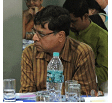
Dipankar Sinha

Sandip Bandyopadhyay
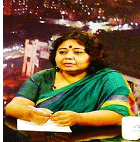
Meghna Guhathakurta
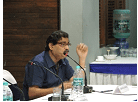
Siddhartha Guha Roy

Manabi Majumdar

Pushpendra Kumar Singh
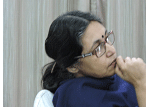
Anuradha Roy
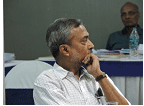
Moinak Biswas
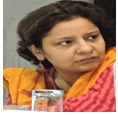
Ruchira Goswami

Atig Ghosh
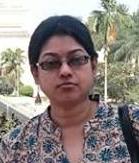
Subhasri Ghosh

Mallarika Sinha Roy
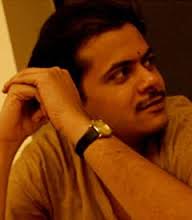
Jishnu Dasgupta
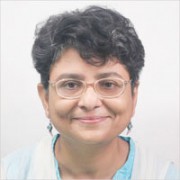
Sudeshna Banerjee

Mahendra N. Karna
Nirban Basu
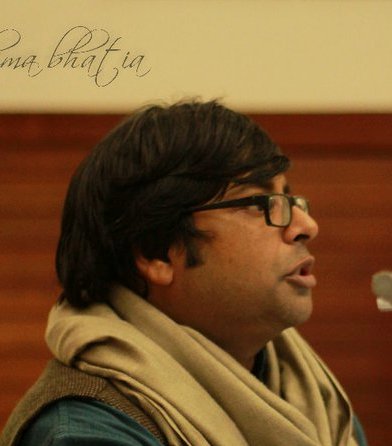
Rajarshi Dasgupta

Kumar Rana
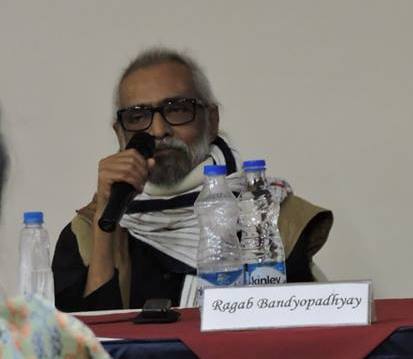
Raghab Bandyopadhyay

Achin Vanaik

Tanika Sarkar
Tanika Sarkar is a historian of modern India. Sarkar’s work focuses on the intersections of religion, gender, and politics in both colonial and postcolonial South Asia, in particular on women and the Hindu Right. She has recently retired from Centre for Historical Studies, Jawaharlal Nehru University. Before joining CHS, JNU she taught at the St. Stephen’s College, and the Indraprastha College, Delhi University. She was also a fellow at the Nehru Memorial Museum and Library, New Delhi, between 1990 and 1994 and at the Centre for Modern Oriental Studies, Berlin in summer 2000. She has been a visiting professor at Chicago University, University of Witswatersland, Johannesberg, South Africa, and Centre for Modern Indian Studies (University of Goettingen, Germany).Tanika Sarkar’s important publications are:
Bengal 1928-1934: The Politics of Protest, (Oxford University Press India, 1987).
Words to Win: A Modern Autobiography (Kali for Women, 1999).
Khaki Shorts and Saffron Flags: A Critique of the Hindu Right (coauthored with Tapan Basu, Pradip Datta, Sumit Sarkar and Sambuddha Sen; Orient Longman 1993).
Women and the Hindu Right (edited jointly with Urvashi Butalia, 1995).
Women and Right-Wing Movement: Indian Experiences (edited jointly with Urvashi Butalia, 1998).
Hindu Wife, Hindu Nation: Community, Religion, Cultural Nationalism (Hurst, 2001).
Women and Social Reform in Modern India: A Reader (two volumes, edited jointly with Sumit Sarkar, 2008).
Rebels, Wives, Saints: Designing Selves and Nations in Colonial Times (University of Chicago Press, 2009).
Caste in Modern India: A Reader (two volumes, edited jointly with Sumit Sarkar, Permanent Black, 2013).
Words to Win: The Making of a Modern Autobiography (2014)


